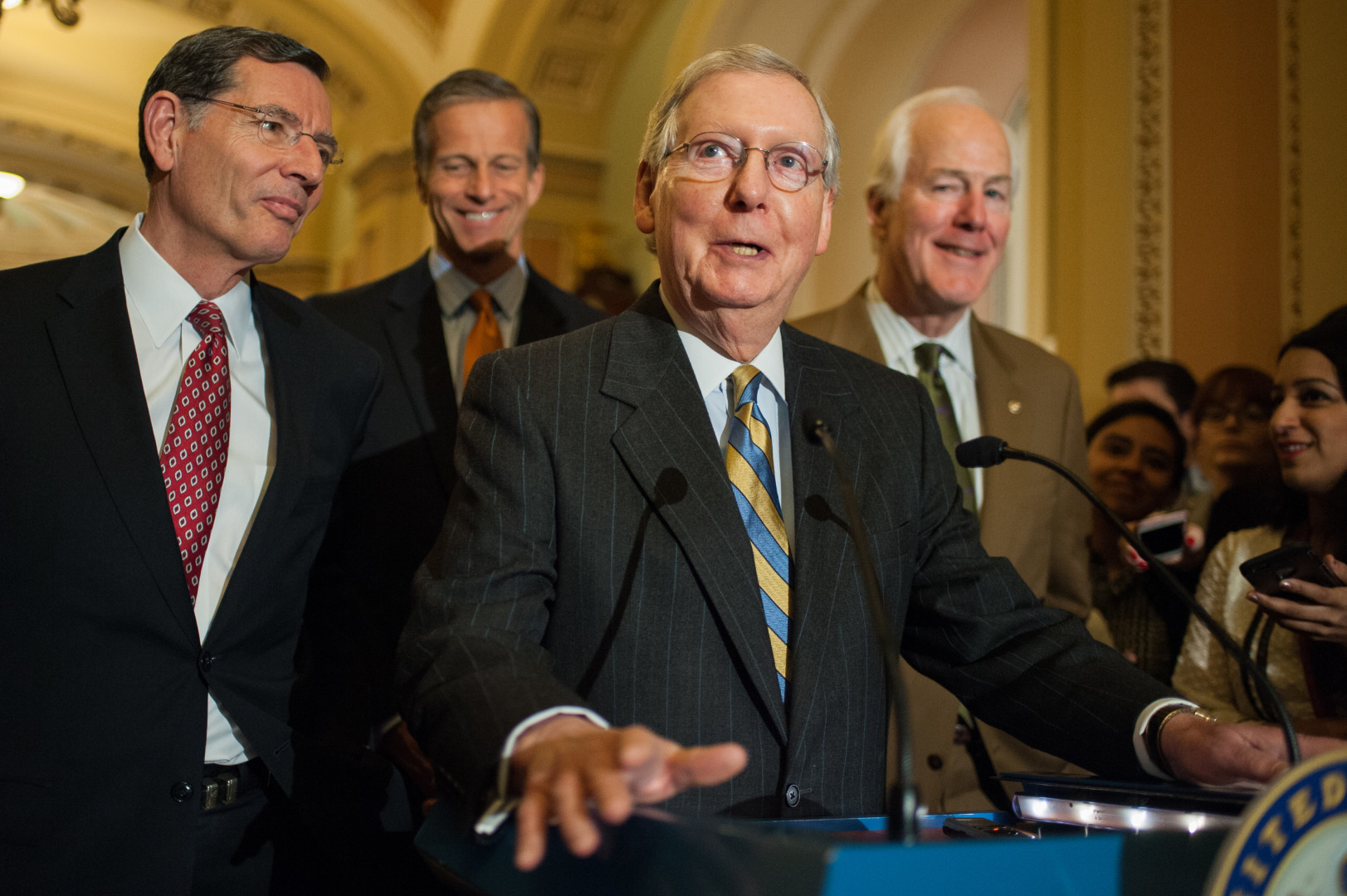May 11, 2017 at 5:00 pm ET
- Share on Facebook
- Share on Twitter
- Share on LinkedIn
- E-mail to a friend



The health care industry is hopeful senators will be more receptive to outside groups than their House colleagues were, as the Senate takes the reins on overhauling the Affordable Care Act.
While House lawmakers largely brushed off health groups’ criticism of the American Health Care Act, which the chamber narrowly passed last week, lobbyists and consultants say they expect the Senate to move more slowly in its attempt to repeal and replace the 2010 law, opening up a chance for more input.
The Senate is set to craft its own legislation, rather than work directly off the House-passed measure. Experts and industry groups hope to see the Senate work through policy issues more strategically, with less of a focus on scoring a political victory.
“If there’s a thoughtful, deliberative process in the Senate that’s about policy and not politics, there’s going to be a lot more engagement with industry to try and get to a meaningful compromise here,” John Gorman, founder and executive chairman of the Gorman Health Group, a consulting firm focusing on the health insurance industry, said in an interview.
The House was criticized for rushing to vote on its bill without waiting for an analysis from the nonpartisan Congressional Budget Office, and publishing an amendment to the legislation just a day before the vote.
Jeannine Bender, senior director of government affairs at Medicaid Health Plans of America, a trade group, said the House measure raises “a lot of issues” to be addressed in the Senate. She said she’d talked with lawmakers and staff in both the House and Senate about Medicaid reforms leading up to the GOP’s health care push.
“Once the bill got rolling in the House, the process was pretty accelerated,” she said in an interview. “We do expect that the Senate will take more time.”
A similar last-minute push would be nearly impossible in the Senate since a CBO analysis is required. The CBO has to score the eventual bill to make sure it includes at least the same level of savings as the House-passed measure in order to comply with budget resolution rules.
Furthermore, GOP senators are spread wide on ideology, making it more difficult to find agreement. Senate Republicans can afford no more than two defections in order to pass the bill, assuming no Democrats cross the aisle.
Republicans in the Senate held several meetings this week focused on health care, with treatment of Medicaid and its expansion under the ACA emerging as a major sticking point. GOP senators could also disagree on other issues, such as Obamacare’s regulations and taxes and how to develop credits to help people afford insurance premiums.
In addition, the House bill would defund Planned Parenthood for one year, a provision that risks losing the votes of GOP Sens. Susan Collins of Maine and Lisa Murkowski of Alaska.
House members expect the Senate to change the legislation. Rep. Mark Sanford (R-S.C.), for example, wrote in the Post and Courier this week that he voted for an imperfect bill in order to advance the measure to the Senate, with the expectation the legislation improves.
But the Senate must focus on a bill that could actually become law, giving them a different mindset, industry sources said.
“A lot of our clients were keeping their powder dry in the House battle to avoid pissing off anyone that they have a better shot of reasoning with in the Senate,” Gorman said.